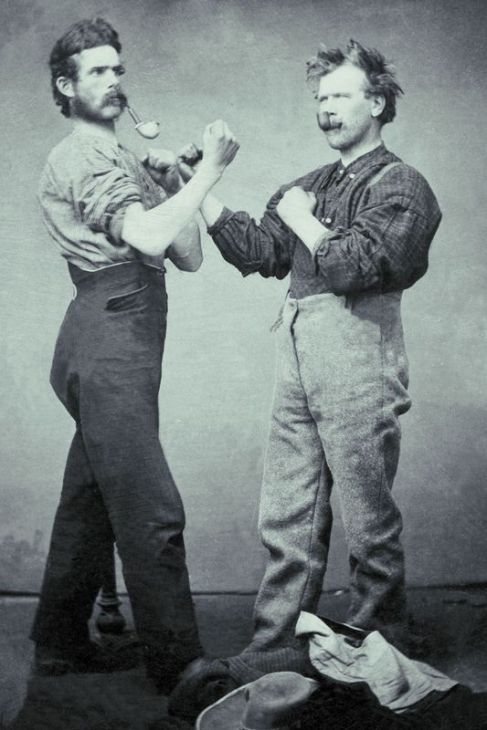Watching dysfunctional conflict offers a lot of useful information. I myself have had many fruitless arguments- trying to be heard and forcing a point. It ends with drama, little resolution, and feelings of hurt and anger.
Let me introduce you to “conflict algebra.”
Person 1: Issue A: “Why don’t you be more considerate?”
Person 2: Issue B: “You always do this, complaining about everything I do!”
Person 1: Issue C: “It’s time for you to see what you do to others.”
Person 2: Issue D: “This is ridiculous; I didn’t do anything wrong.”
Person 1: Issue E: “We’ve been through this again and again. I’m tired.”
Here are five statements with five different underlying issues being brought up. No resolution. When communication attempts to force another person to listen and does not address the root issue, not only will there be no resolution, but the other person will become hardened, lose trust, and develop resentment. Over time, this destroys relationships.
So what is healthy communication? At a basic level, it is relaying a message and/or information from one conscious being to another- and to be fully functional, it is understood on both sides (not necessarily agreed with). Communicating well is an art we often don’t see modeled in everyday conversation. When I consider front-and-center examples, there are a lot of truly terrible models:
Movies/TV. Magic relationships- amazing how they just happen, huh? (Check out the actual follow-up track record of relationships in shows like The Bachelor or The Bachelorette).
Politicians. With the goal of elevating a campaign or agenda (this isn’t necessarily bad), rarely do we see politicians truly attempt to understand another person or party’s position. The name of the game is defeating the opponent.
Marriages/Families. Who hasn’t seen the wreckage of a dysfunctional family? This includes the “cold shoulder,” avoidance of important issues, abuse, shaming, and so forth.
Business. Where the love of money is present, so will there be control, inappropriate manipulation, and abuse. A business might be “successful” utilizing these things, but relationships will not be.
Here’s the good news: WONDERFUL examples of strong communication exist. Just like the disciplined athlete, the savvy entrepreneur, or the skilled musician, it takes work. It takes practice. It takes failure. If being able to do conflict- and do it well- is the best predictor of marital relationship success (ala Drs. John and Julie Gottman), there is wisdom in this for all relationships. Get communication down well, and you will not be disappointed with the effort it takes. There are a lot of ways to do this. Acknowledge the need for help, read a book, listen to a talk, go to counseling, talk to a pastor, or find a person to mentor you. Something different is needed in order to get a different result. Best wishes to you!
Yours truly,
~Justin







